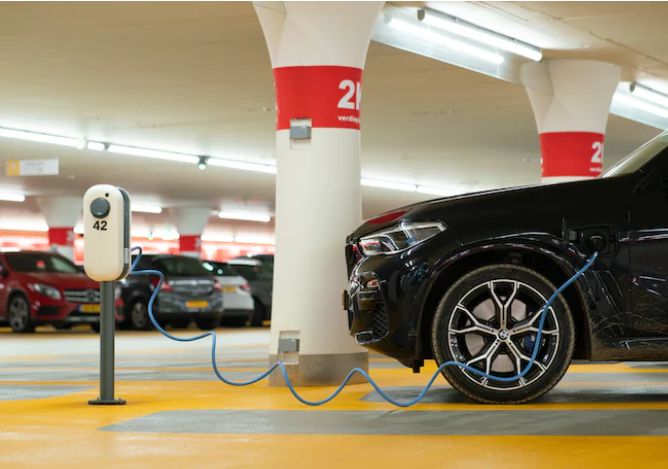The Nigerian government has agreed with Israeli and Japanese companies to begin producing electric cars (EVs) in Nigeria.
On Thursday, August 25, 2022, the Memorandum of Understanding (MOU) was signed by the National Agency for Science and Engineering Infrastructure (NASENI) in conjunction with the Peramare Enterprise of Israel and the SIXAI of Japan.
According to Ayal Raz, a spokesman of Peramare Enterprise, the setting up of the facility would get underway in the first quarter of 2023. He stated that the first step would be to assemble the vehicles, and then they will move on to fully constructing them in Nigeria
Is Nigeria prepared for electric vehicles?
According to Tolulope Williams, Head of E-Mobility at MAX.NG, who spoke with Techpoint Africa, said the alliance is a wonderful development; nevertheless, a great deal of work needs to be done before it can be implemented. Several measures need to be taken when it comes to the deployment of electric vehicles. The charging infrastructure and having access to electricity are crucial, he said.
It takes electric vehicles (EVs) at least thirty minutes to reach a full charge on average when they are plugged in to charge. Despite this, the number of people in the country with access to power is still quite low.
The Energy Progress Report 2022 indicates that Nigeria has the least amount of people who have access to power worldwide. Two hundred six million people live in the country, and around 92 million do not have access to reliable electricity.
People also say that many Nigerian roads are hard to drive on. EVs are powered by electric motors, which makes them heavier than cars that run on gasoline or diesel. These electric motors are more likely to be damaged due to poor road conditions.
There is also a need to help local manufacturers
Williams also mentioned that local electric vehicle (EV) makers like himself should receive backing from the government. Unlike the United States and other Western countries, Nigeria isn’t a major player in the electric vehicle (EV) game; nonetheless, some indigenous manufacturers have created EVs that are operational in the country.
Williams feels that local players can also be useful in developing the country’s electric vehicles (EVs). Examples of these local players are JET EVs and Siltech’s electric bikes.
Although the United States is home to one of the largest electric vehicle (EV) manufacturers in the world — Tesla — just approximately one percent of automobiles in the United States are entirely electric at this time. This is even though EVs are not yet widespread in the global automotive sector.
Despite the possibility that Nigeria does not have the necessary infrastructure for electric cars (EVs), producing electric vehicles within the country could be a suitable place to begin.





